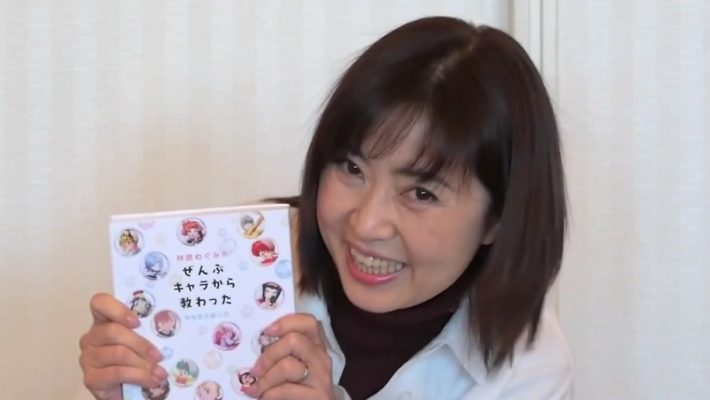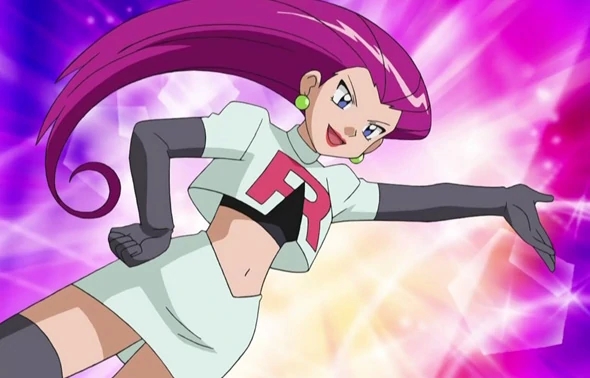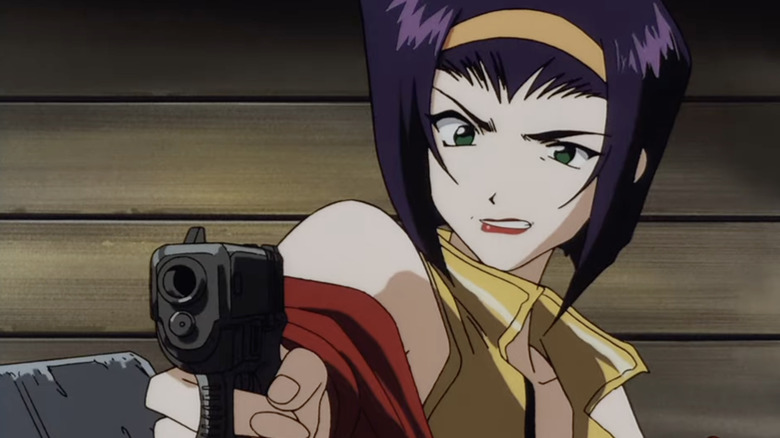
[ad_1]
August 1, 2022
·
0 comments
By Jonathan Clements.

Megumi Hayashibara is an observant and empathetic narrator, walking the reader through her early years as a nobody struggling to finish nursing school while burning the night-oil on a bunch of freelance recording contracts as an anime voice actor. She is stereotypically Japanese about the need for apprenticeships and a pecking order, defending the custom of getting rookies to make tea for the more experienced actors as a means of fostering social connections at the studio. On that note, she is mildly dismissive of a studio employee who baulks at the notion of “making coffee” for people after getting a degree in audio technology. She has no time for people who aren’t prepared to be part of the team.
Her memoir, The Characters Taught Me Everything marches in a steady chronology through her voice-acting career, periodically stopping for catch-up pages explaining the plots and characters of the more obscure titles on her resumé, and occasionally giving way to guest illustrations from celebrity fans, including Rumiko Takahashi, Yoshiyuki Sadamoto and Gosho Aoyama. It’s these, incidentally, along with many stills from the shows in question, that mean this book has had to be printed in full-colour throughout and why there is no Kindle edition.
The book is particularly rewarding for the reader who knows a little bit about the voice-acting world themselves – there are walk-on roles for some of today’s superstars like Koichi Yamadera, but also little asides about the actors of yesteryear who are no longer with us. In one touching scene, the earnest young Hayashibara suggests to her elder You Inoue, already struggling with illness on SD Gundam, that she should maybe try to hold back her voice a little to make it through the day. She is met with a gaze “full of kindness and sadness” before Inoue, who would die of lung disease in 2003, throws herself into her next line with fearless and foolhardy gusto.

While Hayashibara isn’t quite a Method actress with a capital M, she is the kind of actress that every director dreams of – someone who puts in the legwork, reads the manga, shows up at the studio with an idea already of what her character would be like. We are treated here to the seriousness with which she prepares for even the most effervescent roles, thinking herself into a day in the life of Catgirl Nukunuku, Musashi (Jessie) in Pokémon or Lina Inverse from Slayers, and of course, the role for which most readers of this blog are most likely to know her from – Rei from Neon Genesis Evangelion (although fans will also learn from this book that she also auditioned for Misato Katsuragi and Asuka Langley). Taking on the role at twenty-eight, Hayashibara sees it as a turning point in her own life, as her struggle to emote as a character who doesn’t really understand emotions causes her to rethink and even regret her own relationship with her mother.
Sometimes, Hayashibara uses her knowledge of acting as a means of discussing the way that all people “act” – the performance of self in everyday life. This comes particularly to the fore when it is she, and not her daughter’s kindergarten minders, who realises why another girl has turned into such a relentless bully – a literal case of “acting up”, solved by a thespian sleuth.

Later chapters deal with some of her other iconic performances, including the constant struggle to under-play Faye Valentine in Cowboy Bebop, in order to avoid making her appear to be trying too hard. She inhabits her roles to the degree that she feels bereaved when a project falls through – having prepared for several months to play the lead in the (then) cancelled Mardock Scramble, she writes a letter of condolence to the person she almost became, and sends it to the author. Five years later on, when the production finally gets going, she protests that she is too old for the role of Rune Balot, but is persuaded to take it, and then presents a fascinating account of how the studio miked her up directly to her throat in order to simulate the sound that a character would make if they had no vocal cords.
I would even go so far as to say that this is a book that not only gives the reader a fair impression of the world of voice acting, but also serves of something of a crash-course in being an actor-memorialist. Hayashibara excels at giving back, and her 258-page memoir is unexpectedly suffused with life advice, meditations on her career, and you-had-to-be-there anecdotes about the life of a recording artist.
“I hope that this book can become one small piece of the history of anime, which I love so much,” she writes in her COVID-era epilogue. “It may have touched on somewhat heavy subjects at times, but if someone out there is ever feeling downhearted, I truly hope this book might make them feel just a little bit better.”
Jonathan Clements is the author of Anime: A History. Megumi Hayashibara’s (sic) The Characters Taught Me Everything: Living Life One Episode at a Time by Megumi Hayashibara is published in English by Yen On.
[ad_2]





